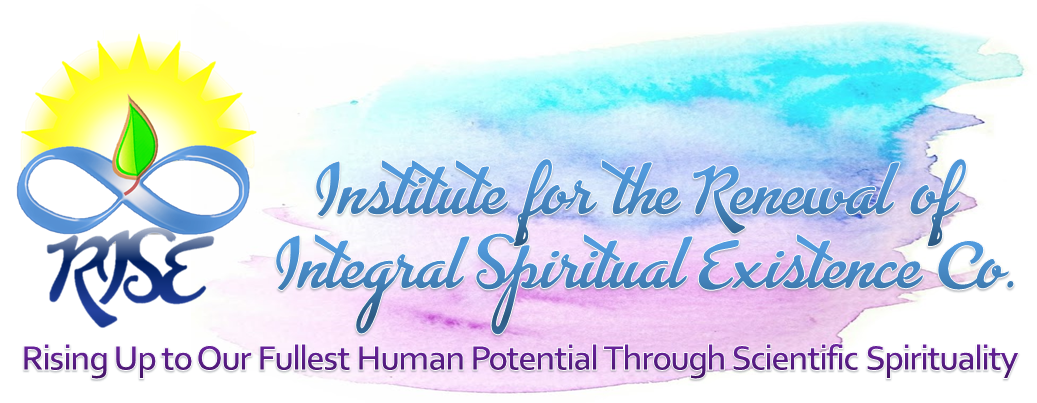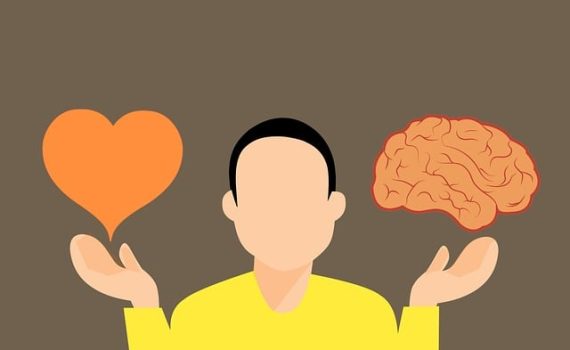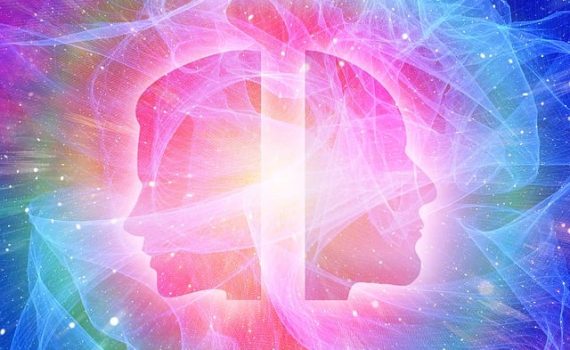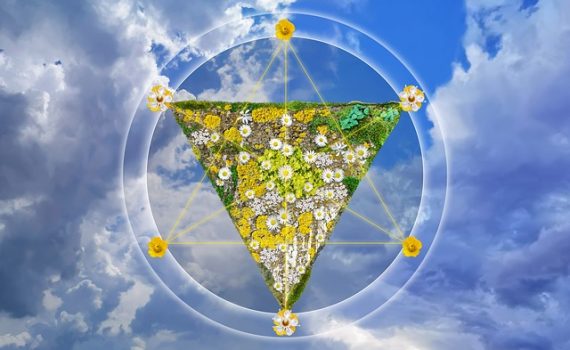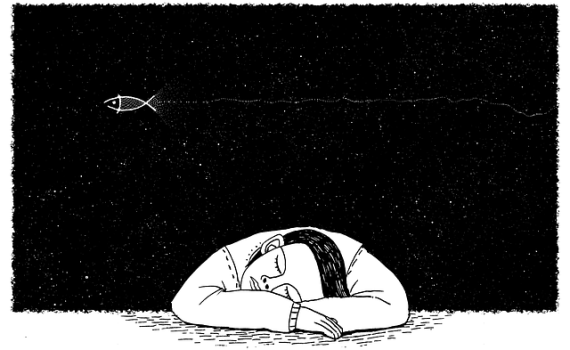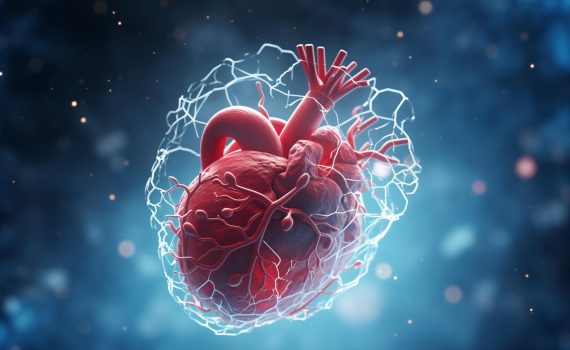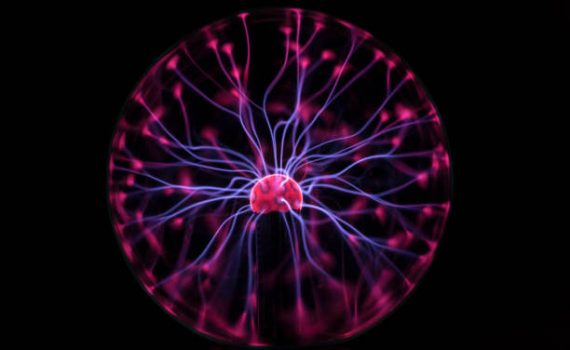The article discusses the importance of self-love and integration of the self in overcoming chronic anxiety and inner turmoil, which the author attributes to a societal trend of self-hatred exacerbated by cultural and religious teachings. It references Michael Leunig’s artwork “Heartscape” to illustrate the concept of internal warfare that many […]
Monthly Archives: December 2024
The article highlights the significance of training intuition to enhance decision-making skills, emphasizing that intuition, often described as a “gut feeling,” emerges from the effective collaboration of information and experience. Laura Huang, a Harvard Business School professor, underscores the role of intuition in high-stakes situations, where quick and informed decisions […]
The article discusses a groundbreaking theory proposed by scientist S. K. Gupta, who suggests that human consciousness may be linked to a higher dimension beyond our typical perception. Gupta posits that this higher dimension could explain phenomena such as intuition and extrasensory perception, which are often difficult to quantify through […]
The article explores ten critical moments when it is advisable to trust your intuition, highlighting the psychological insights behind gut feelings. It suggests that intuition can be particularly valuable when making difficult decisions, sensing danger, meeting new people, feeling off-balance, interpreting dreams, dealing with loss, recognizing when it’s time to […]
A groundbreaking study suggests that memory and learning may not be exclusive to brain cells, as researchers found that non-brain cells, including those from nerve and kidney tissues, can also learn and form memories. By simulating spaced learning through chemical signals, the scientists observed that these cells activated a “memory […]
The article explores the significant relationship between social connections and longevity, highlighting that individuals with stronger social relationships have a 50% higher likelihood of survival compared to those with weaker ties. This study emphasizes the importance of social networks in promoting health and well-being, suggesting that fostering strong relationships can […]
The article discusses a study revealing that sleep is crucial for effective decision-making and emotional regulation, as fatigue can lead to “local sleep” in the brain’s frontal cortex, impairing judgment. This phenomenon occurs when certain brain regions become inactive while the individual remains awake, resulting in impulsivity and diminished self-control. […]
Scientists have discovered a complex network of neurons in the heart, often referred to as a “mini-brain.” It plays a significant role in regulating heart function and responding to stress. This neural network, the intrinsic cardiac nervous system, contains approximately 40,000 neurons and communicates with the brain, suggesting that the […]
The article discusses the concept of “kind resilience,” which refers to the ability to bounce back from adversity while maintaining compassion and kindness towards oneself and others. It highlights how this resilience activates specific brain regions associated with emotional regulation, empathy, and social connection. The piece also offers practical strategies […]
The article below discusses the significant impact of awe on mental and physical well-being, emphasizing its role as a vital emotional experience that can enhance happiness, kindness, and social connections. Citing neuroscience research, it highlights how awe—defined by psychologist Dacher Keltner as a reaction to vast and mysterious phenomena—acts like […]
In an interview with Robert Temple, the discussion centers on plasma, the fourth state of matter, and its profound implications for our understanding of the universe. Temple explains that plasma, which comprises 99.9% of the universe, challenges traditional atomic physics and suggests a need for a new scientific framework. He […]
The article “Physicalism is Dead” discusses the philosophical stance of physicalism, which posits that everything, including mental states, can be explained by physical processes. The author argues that recent developments in neuroscience and philosophy challenge this view, suggesting that mental phenomena cannot be fully understood through physical explanations alone. The […]
